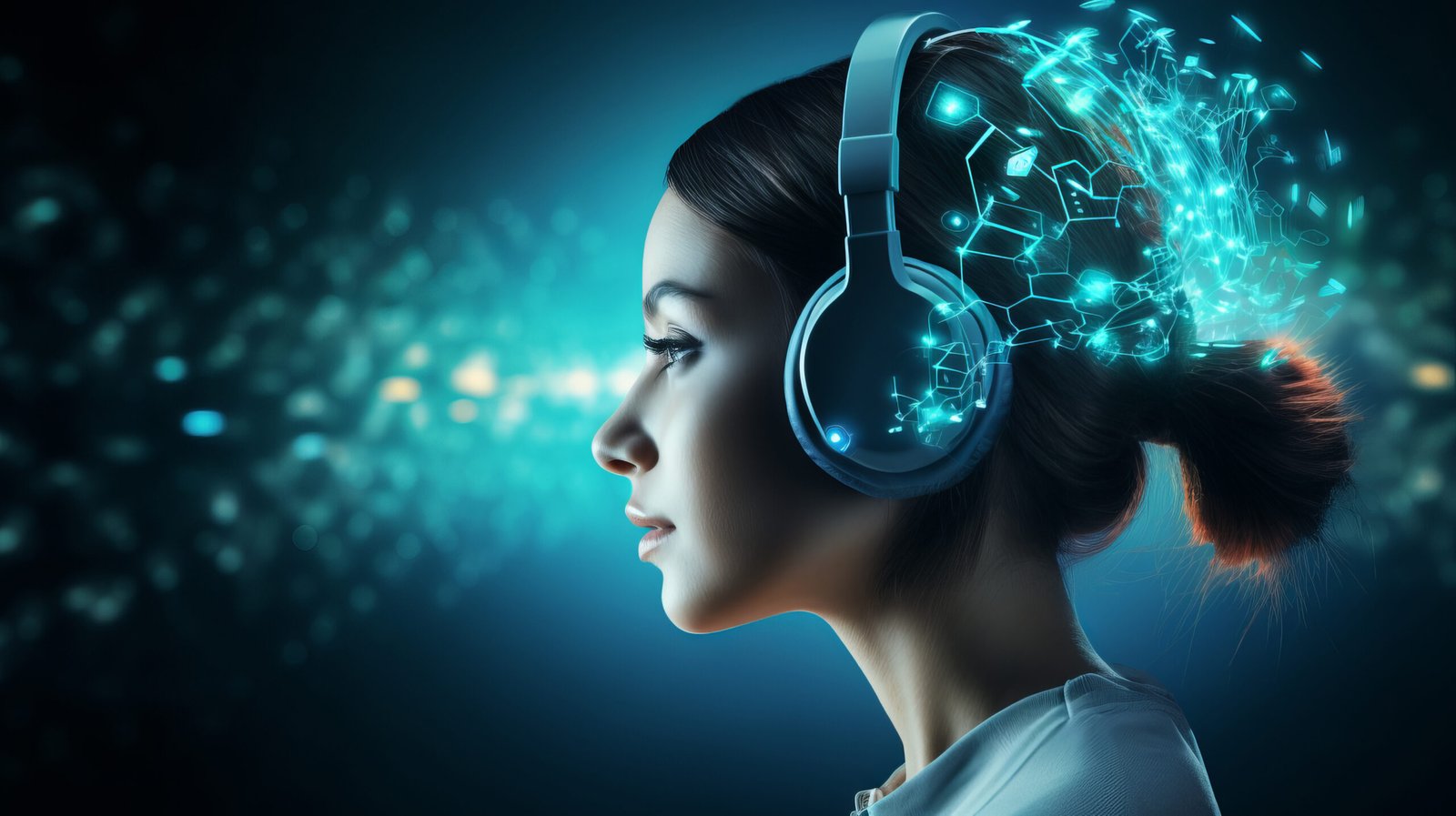In the fast-paced digital age, mindfulness is more important than ever. With the rise of artificial intelligence (AI), technology is now playing a significant role in enhancing meditation and mindfulness practices. AI-powered mindfulness tools are reshaping the way people approach meditation, stress management, and mental well-being. These innovations offer guided meditations, personalized recommendations, real-time feedback, and even AI-generated mindfulness exercises tailored to an individual’s emotional and mental state.
In this blog post, we will explore how AI is transforming mindfulness, the benefits of AI-powered meditation tools, and practical ways to incorporate them into your daily life for improved well-being.
The Rise of AI-Powered Mindfulness
AI has made significant advancements in recent years, influencing various aspects of human life, including mental health and mindfulness. AI-driven meditation apps and devices use machine learning algorithms to analyze user behavior, mood, and stress levels to provide personalized mindfulness experiences.
Some of the most popular AI-powered mindfulness applications include:
- AI Meditation Apps: Apps like Calm, Headspace, and Insight Timer now integrate AI to customize meditation sessions based on user preferences and emotional states.
- Wearable Mindfulness Devices: Devices such as Muse and Oura Ring monitor brain activity, heart rate, and sleep patterns to provide feedback on mindfulness progress.
- AI Chatbots for Mental Wellness: AI-powered chatbots like Woebot and Wysa offer conversational mindfulness coaching and guided meditations to help users manage stress and anxiety.
- AI-Generated Soundscapes: AI algorithms create personalized meditation soundscapes, adapting to individual moods and needs in real-time.
By leveraging AI in mindfulness practices, individuals can experience a more tailored and effective approach to achieving inner peace and mental clarity.
The Benefits of AI-Powered Mindfulness
Integrating AI into mindfulness practices provides several advantages, including:
1. Personalized Meditation Sessions
AI analyzes data such as breathing patterns, heart rate variability, and past meditation habits to create customized meditation routines. This ensures that each session is uniquely suited to an individual’s mental and emotional state.
2. Real-Time Feedback and Improvement
AI-powered mindfulness devices track biometric data to provide immediate feedback. Users can adjust their breathing, posture, or meditation techniques based on real-time insights, leading to more effective mindfulness practices.
3. Enhanced Focus and Reduced Distractions
AI-powered meditation apps help users maintain focus by detecting moments of distraction and gently guiding them back to the present moment. This improves concentration and deepens the meditation experience.
4. Accessibility and Convenience
With AI-powered mindfulness tools available on smartphones, wearables, and even smart speakers, people can practice meditation anytime and anywhere. This makes mindfulness more accessible to a global audience.
5. Data-Driven Stress Management
AI mindfulness tools track stress patterns over time, providing insights into stress triggers and helping users develop healthier coping mechanisms. This contributes to long-term emotional resilience and well-being.
How to Incorporate AI-Powered Mindfulness into Your Daily Routine
If you’re looking to integrate AI-powered mindfulness into your life, here are some practical ways to get started:
1. Use an AI-Powered Meditation App
Download an AI-driven meditation app and personalize your mindfulness journey. Choose guided meditations that adapt to your emotional state and set reminders for daily practice.
2. Try Wearable Mindfulness Devices
Invest in a wearable device like Muse or Oura Ring to monitor your meditation progress. These devices provide valuable biofeedback that can help refine your mindfulness techniques.
3. Engage with AI Chatbots for Mindfulness Coaching
AI chatbots like Wysa and Woebot offer 24/7 mindfulness support. Engage in daily conversations with these AI coaches to build healthy mental habits and manage stress effectively.
4. Listen to AI-Generated Soundscapes
Experiment with AI-generated mindfulness music and soundscapes tailored to your mood. Many meditation apps now use AI to create immersive auditory experiences that enhance relaxation and focus.
5. Join Virtual AI Mindfulness Communities
Participate in online mindfulness groups where AI technology facilitates virtual meditation sessions. AI-powered communities provide support, motivation, and shared experiences for mindfulness practitioners.
The Future of AI and Mindfulness
As AI technology continues to evolve, its role in mindfulness and meditation will expand further. Future developments may include:
- AI-Powered Virtual Reality Meditation: Fully immersive VR experiences that transport users to serene natural landscapes for deeper meditation sessions.
- Emotion-Responsive AI Meditation: AI systems that detect real-time emotions and adjust meditation practices accordingly.
- AI Mindfulness Coaches: Advanced AI systems capable of offering real-time verbal guidance and support based on user behavior and mood.
Conclusion
AI-powered mindfulness is transforming the way people approach meditation and mental well-being. By leveraging AI technology, individuals can enjoy personalized meditation experiences, real-time feedback, and improved focus. As AI continues to advance, the integration of technology and mindfulness will create even more innovative ways to achieve inner peace and mental clarity.
Embrace the future of mindfulness by incorporating AI-powered tools into your daily routine and experience the profound benefits they offer. Whether through AI meditation apps, wearables, or AI-generated soundscapes, technology is making mindfulness more accessible and effective than ever before.
References
- “AI and Mindfulness: The Future of Meditation” – Mindful.org
- “The Science Behind AI Meditation” – Psychology Today
- “Wearable Devices and Their Role in Mindfulness” – Harvard Health
- “AI in Mental Health and Wellness” – Greater Good Science Center
